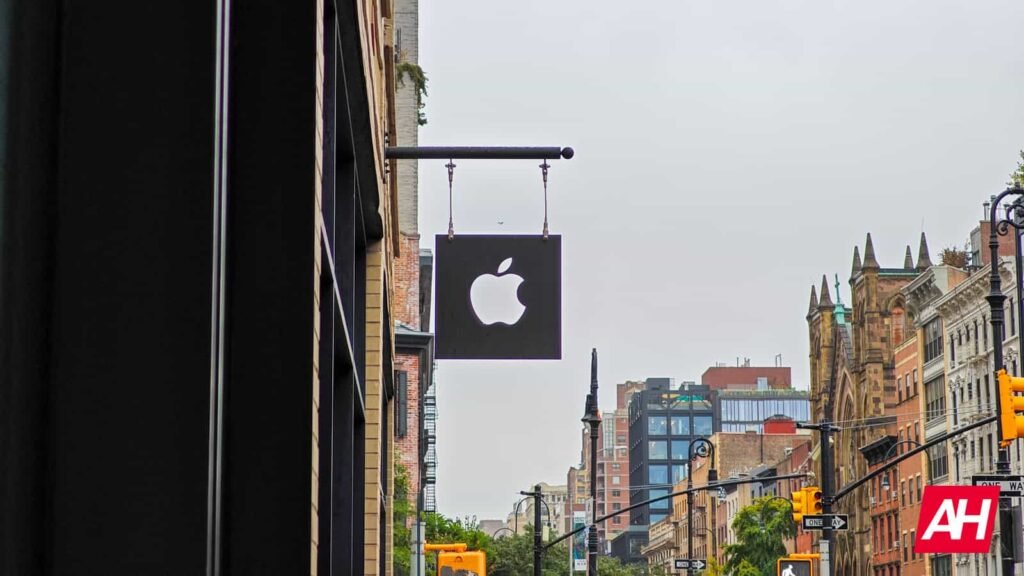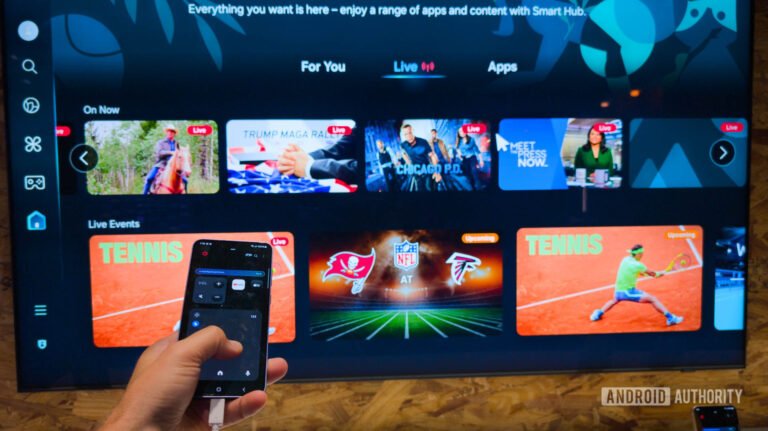

A behemoth like Apple is no stranger when it comes to lawsuits. So, it did not come as a complete shock when the DoJ filed a lawsuit against Apple, alleging monopolistic practices. Now, in an official filing, Apple responds to the DOJ antitrust lawsuit against it, and it did not hold back.
Apple responds to the DoJ antitrust lawsuit
For a bit of backstory, the DoJ filed a lawsuit against Apple. The government body accused the Cupertino tech giant of monopolistic practices. Apple had attempted to get the case dismissed but failed to do so.
The DoJ had leveled several accusations against Apple. This includes the stifling of the success of “super apps,” blocking cloud streaming games, degrading third-party messaging apps, limiting the functionality of third-party smartwatches, and withholding access to iPhone hardware when it comes to third-party digital wallets.
In its response, Apple claims that its policies and practices are designed to ensure a balance. It says it needs to balance the needs of its consumers, privacy, and security. The company is accusing the lawsuit of attacking “a random collection of Apple’s design choices, degrade the privacy and security benefits of iPhone that customers value, and eliminate the competitive differentiation and consumer choice that currently exist in the marketplace.”
The company insists that its business practices are justified. It also argues that it is protecting its intellectual property and that there’s no harm to the competition or consumers. Apple’s response goes on for a whopping 236 paragraphs. If you think you can sort through the legalese, you can check out Apple’s official response here.
Not Apple’s first rodeo
In addition to the US, Apple has faced similar complaints of anticompetitive behavior in other regions. The company has been hit with a variety of complaints and lawsuits in Europe. Some of these complaints overlap.
Apple’s App Store is one such example. The company has been accused of charging commission fees that are too high, while also preventing developers from pointing users towards alternative payment methods. In the EU, Apple was forced to compromise, eventually allowing developers to steer users towards outside payments.
Various lawsuits against Apple in the EU also forced the company to allow users to access third-party app stores. This is to prevent Apple from monopolizing the market by giving users a single option to download their apps from.
The post Apple Counters DoJ Antitrust Claims Defending its Practices appeared first on Android Headlines.


